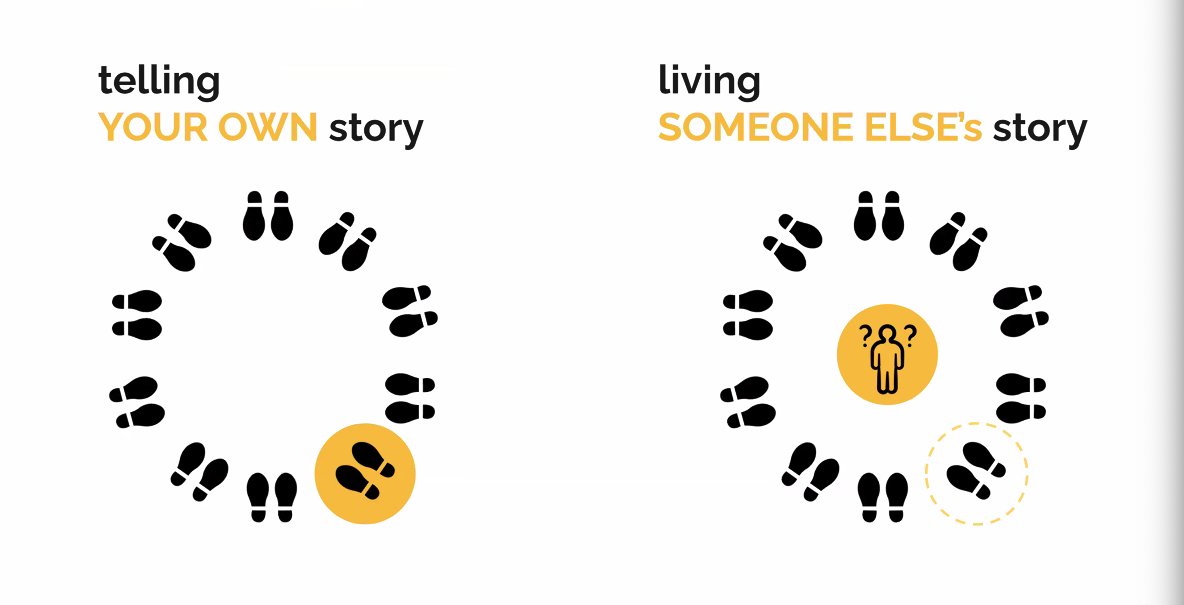
Our next speaker is
Olivia Kirk, Strategic Designer & Human-Centred Researcher
&
Belinda Tobias, Co-Founder & Principal, Lead Strategic Designer
—
Exploring Health Sector Complexity through Design Research
#dr2021
Olivia Kirk, Strategic Designer & Human-Centred Researcher
&
Belinda Tobias, Co-Founder & Principal, Lead Strategic Designer
—
Exploring Health Sector Complexity through Design Research
#dr2021
Designing for complexity —
We're given access to people true stories, we need to tread carefully and treat it with the respect it deserves.
Over and over in the health sector, a particular health service is just one part of an entire journey.
We're given access to people true stories, we need to tread carefully and treat it with the respect it deserves.
Over and over in the health sector, a particular health service is just one part of an entire journey.
An individual's health journey over a lifetime is disjointed and difficult to navigate.
Health is a body of care delivered by a variety of people — it makes continuity of care incredibly difficult.
There is an intersection of personele, systems, legislation, privacy before even considering the level of medical care and body experience of the patient.
We must be adaptive in research.
Moving completely online meant they were able to increase the number of interviews conducted and also helped reach more people in remote settings and bring other team members into the sessions who otherwise would not be able to attend
Moving completely online meant they were able to increase the number of interviews conducted and also helped reach more people in remote settings and bring other team members into the sessions who otherwise would not be able to attend
Leave some room to take opportunities as they present themselves.
Connect quickly and authentically, the time you take to build an authentic connecting and learn is important, and requires a slightly different approach when remote.
They used an adapted version of metaphorical (missed the name of the method) which used ambiguous imagery to relate to their health journey. 

They also got participants to share objects with them
Lived experiences are where the true insight lies.
Create an environment where participants can go into more detail of the problem space.
Create an environment where participants can go into more detail of the problem space.
Healthcare is made up of a network of connected experiences — we have gaps in the experiences we are supposed to use our memory to fill, and unless you have a one to one relationship with a single care provider you end up losing information.
They use a recruitment methods called Edge Sampling where you recruit the most difficult to access people first who's experience will benefit the most amount of people.
Systems thinking needs multiple perspectives to see what's happening.
Health practitioners and family play a huge role in the health care experience.
You have to interview people who sit on the periphery of a system who also impact that system.
You have to interview people who sit on the periphery of a system who also impact that system.
It means take a multifaceted approach to your analysis.
What are the systemic factors, and how can you bring that body of knowledge into your analyis.
What are the systemic factors, and how can you bring that body of knowledge into your analyis.
Consider your contextual limitations.
How are your technology decision adding and removing tension and who is it doing that for?
How are your technology decision adding and removing tension and who is it doing that for?
Beware of bias and allow for contradictions to emerge.
Government and health often here about issues but often attached to other motives.
Government and health often here about issues but often attached to other motives.
It's much easier to see other peoples bias than your own, so research and analyse with a team.
Leave space for findings that contradict your assumptions, it gives room to show the complexity of the situation.
Leave space for findings that contradict your assumptions, it gives room to show the complexity of the situation.
Thanks so much Liv & Bel!
@threadreaderapp unroll please
• • •
Missing some Tweet in this thread? You can try to
force a refresh





